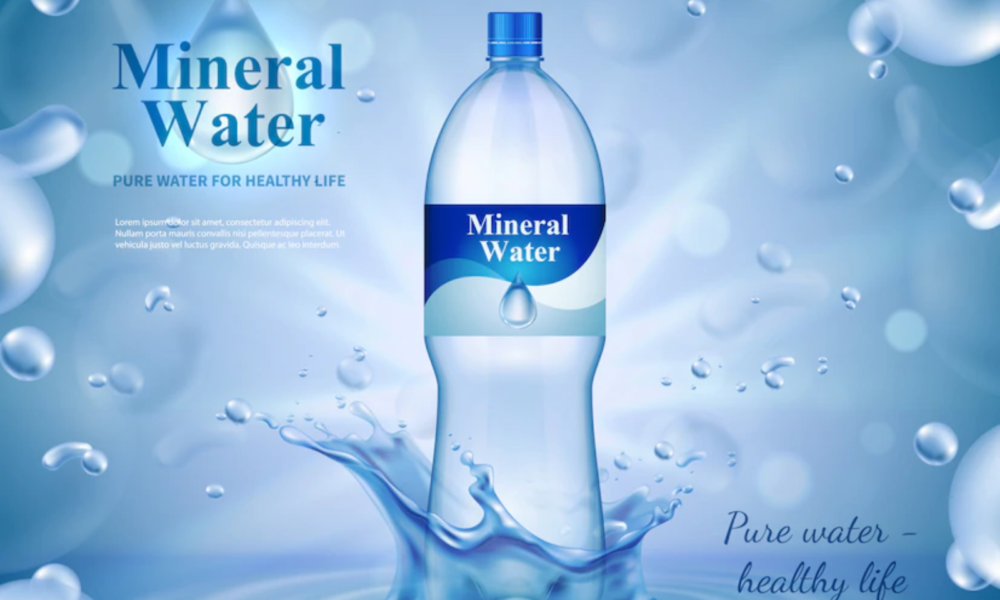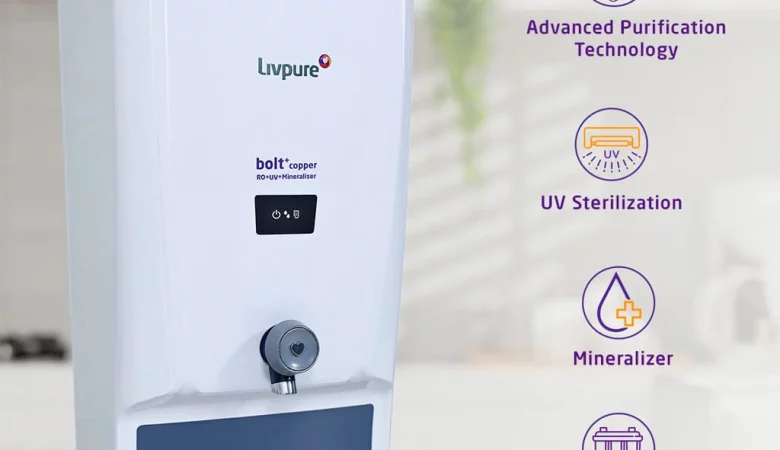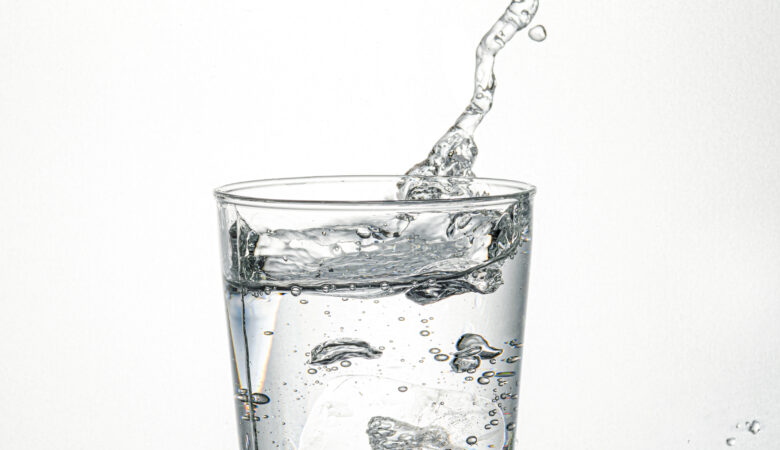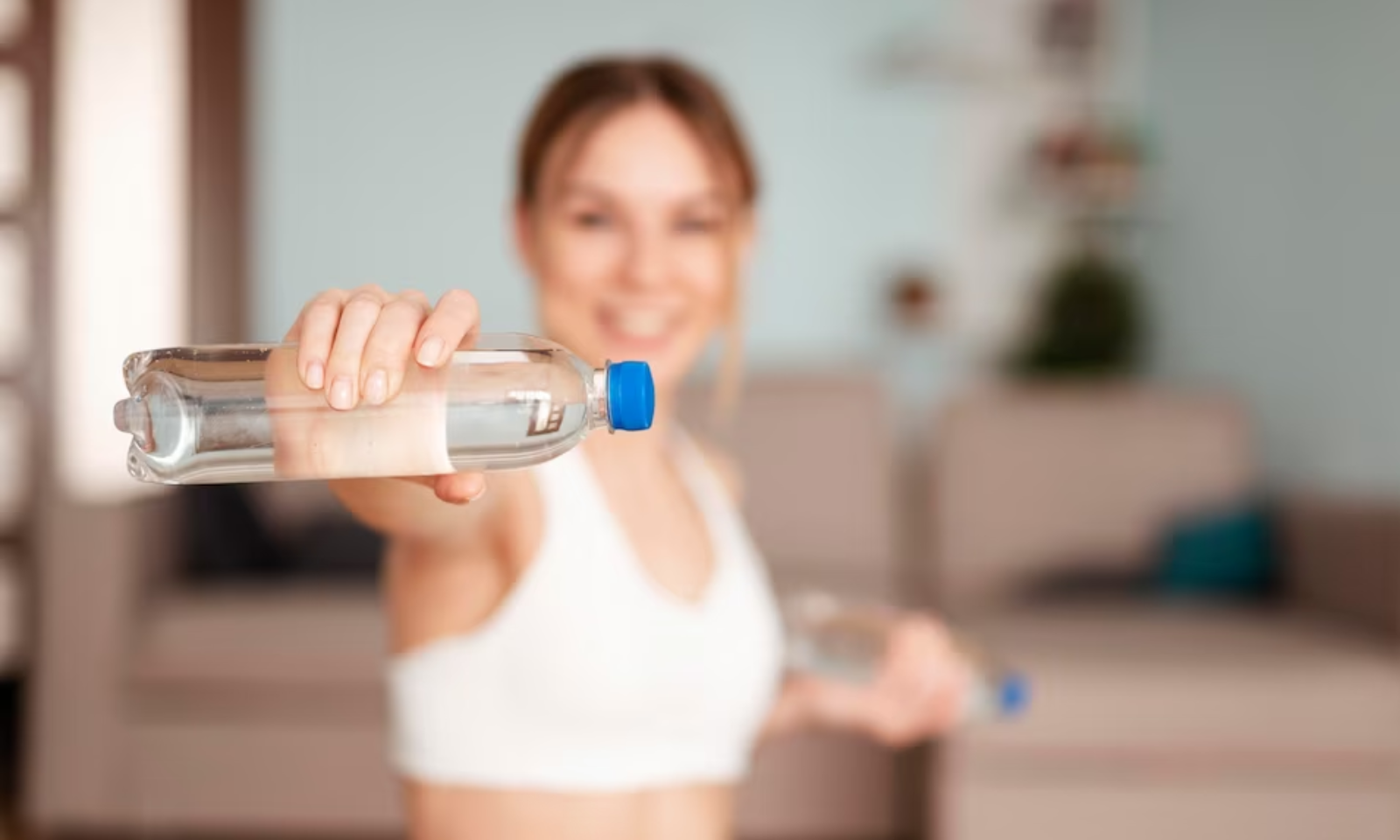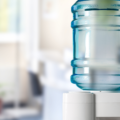The drinking water that is manufactured and sold in bottles comes from various sources of water bodies. These bottled waters are sold at a minimal cost even though water is quite easily available everywhere. It should be noted that water is available everywhere, but mineralized, clean drinking water is not. There are several types of water packed in a bottle, for example, spring water that is obtained from springs and waterfalls, mineral water that is filtered and comes with added minerals like calcium, and magnesium, purified water that has undergone multiple stages of purification, naturally sparkling water that has natural carbonation in it and so on.
Bottled water is very easily available in the market and therefore most Indians prefer drinking bottled water. Bottle water is an increasingly global industry. Multiple companies manufacture bottled water and they have been gaining success only because bottled water is reliable.
The pH level of bottled water, depending upon where it is sourced from, is between 5 to 8, ideally, it is 7. It is advisable to drink water that is not too acidic or not too alkaline either. Hence, the pH level of your drinking water should be tested from time to time.
But no matter how promising the bottled water companies advertise them to be, there are a few reasons to avoid drinking bottled water:
- Bottled water is not cost-effective- The cost of bottled water is more than you can estimate. The bottled water companies not only charge for the mineral water in the bottle but also for the plastic bottle in which the water is contained. If you consume bottled water daily then this will soon burn a hole in your pocket. Remember, bottled water is available easily but does not come at an easy price. Bottled water is not just expensive for the customer but also for the manufacturer as it must cover all the costs like plastic bottles, company/brand labels, and transportation. Apart from this, getting safety verification tests from the government and then proceeding further with their advertising, which again, costs money.
- Plastic bottles cause pollution- Plastic is considered the sole factor that leaves a tremendous amount of carbon footprint on the earth. It contains a chemical called “Bisphenol A” (BPA) that makes it hard and transparent. All bottled water comes with plastic bottle packaging, therefore plastic bottles are manufactured in large numbers. Also, the recycling industries are still making progress so it becomes difficult to determine whether all the plastic gets recycled or not. Not to mention, plastic takes hundreds of years to degrade, so most of the plastic ends up lying in the garbage heaps for years. To protect nature and your environment from the ill effects of plastic, the easiest solution is to avoid it in the first place.
- Bottled water or contaminated bottled water? – In much evidence found during water safety research and surveys, it was found that bottled water is not as safe as it is claimed to be. Many industries just bottle tap water. While the government sets some rules and regulations for water safety, it cannot test and regulate the water that is bottled already. Most of the bottled water industries claim that their water is “organic” but it should be noted that water can never be entirely “organic.” There are often traces of chlorine, arsenic, and other toxins found in the water. Bottled water is more unsafe than tap water.
- Bottled water tastes bad- The water that is bottled does not have an ideally pleasing taste, you might wonder why, if it is filtered and purified through so many stages and processes, tastes so bad. The answer is right in front of you- because of the chemicals present in the plastic bottle which contains water. The chemicals present in the water react negatively with the chemicals that the plastic is made up of, thus making the water taste either pungent or have a bad odor. Water that you drink has been sitting in the bottle for o much longer time than you think and it does have an expiry date.
- The main source of bottled water is unknown- Many industries claim that their bottled water is sourced from groundwater but is it? The evident truth is that bottled water is just…tap water which is equally unhealthy as tap water is a storehouse of a variety of hazardous chemicals, viruses, germs, bacteria, etc. Bottled water industries also make claims that they follow the norms and regulations while manufacturing bottled water, while they do not. They do not follow the standards of water safety because it is a long procedure so they just skip it entirely and often make false claims. Hence, they should not be blindly trusted.
So, would you rather choose bottled water for short-term convenience and put your health at risk or would you opt for safer, better alternatives to bottled water and protect your health for a long time? The above points were reasons to avoid drinking water.
About Livpure
To avoid health hazards as well as protect the environment and avoid drinking bottled water at all costs. A safer option, rather safer alternative would be drinking freshly purified water. Livpure water purifiers not only consider your safety but also follow the water safety standards without jeopardizing the environment or putting your health at risk. There is a wide variety of water purifiers that make use of Reverse Osmosis technology (RO), Ultraviolet technology (UV), Ultra Filtration technology (UF), Carbon activated filters, and TDS control technology at Livpure that you can choose from.
Livpure water purifiers are available at their online store as well as on Amazon and Flipkart. You can also book a free consultation with the help of their customer care number and the Livpure consultant team will get back to you shortly.

